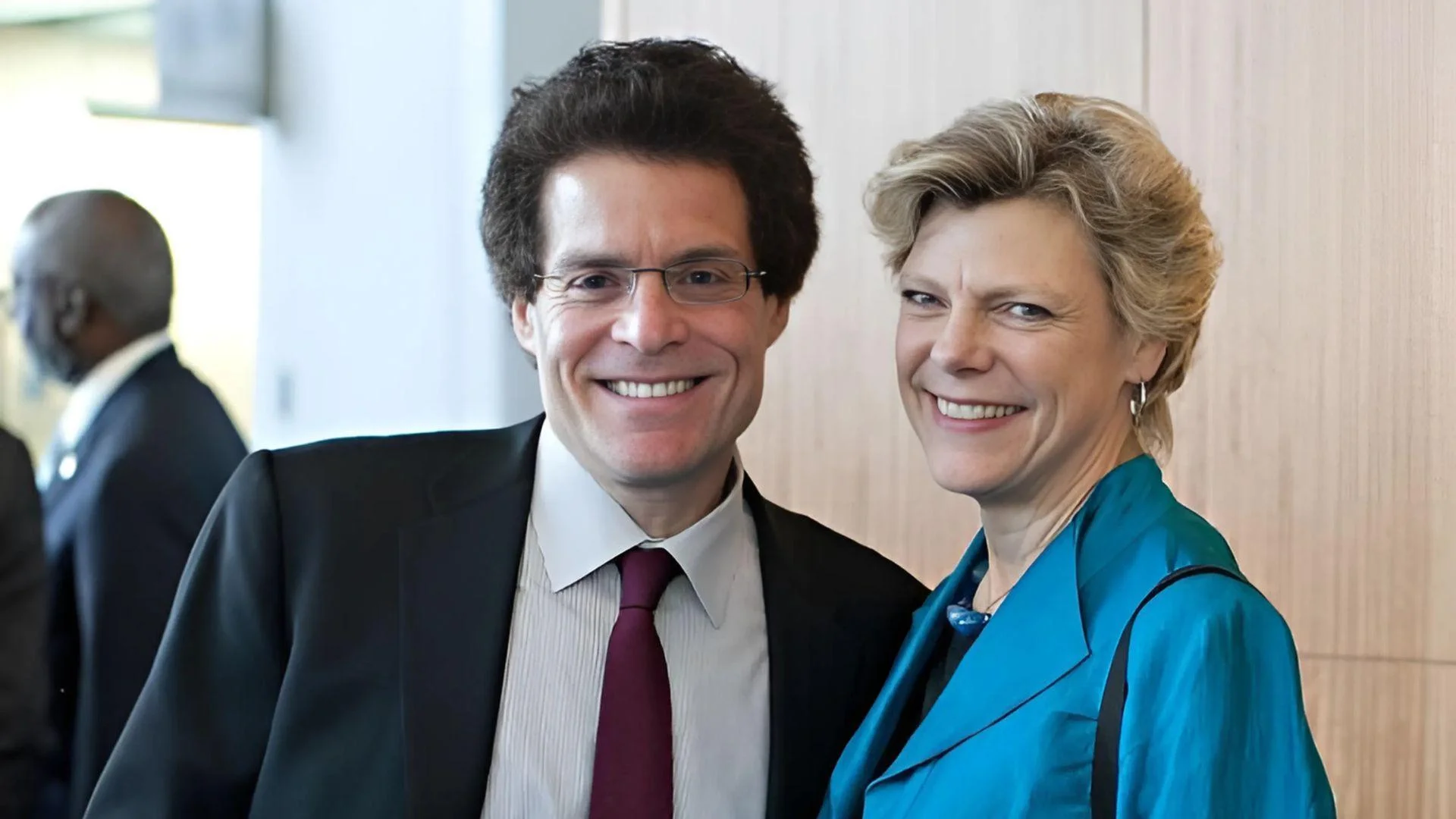
KFF announced that 12% of U.S. adults have used GLP-1 drugs, as Eli Lilly pursues legal action against compounding pharmacies amid rising public interest and usage. The announcement was made in a poll report.
According to the Houston Chronicle, Eli Lilly has filed lawsuits against compounding pharmacies, including Houston-based Empower Pharmacy, alleging they are producing unauthorized versions of its GLP-1 drugs, Mounjaro and Zepbound. Empower Pharmacy argues that it legally fills a market gap by customizing medication for patients with prescriptions, especially amid high demand and affordability issues.
Compounding pharmacies play a crucial role in healthcare by providing customized medications for patients whose needs cannot be met by standard FDA-approved drugs. These pharmacies create tailored formulations by altering dosages, removing allergens, or changing the form of medication to accommodate specific patient requirements. For instance, patients with allergies to certain dyes or those who have difficulty swallowing pills may rely on compounded medications. The FDA acknowledges the importance of compounding when commercially available drugs are unsuitable or unavailable, emphasizing its role in addressing unique patient needs.
In December 2024, the FDA announced that the tirzepatide shortage was over, allowing FDA-approved products such as Mounjaro and Zepbound to become more widely available in U.S. pharmacies. Consequently, compounding pharmacies have stopped making their own tirzepatide formulations, limiting patients’ access to customized preparations that large drug manufacturers don’t supply.